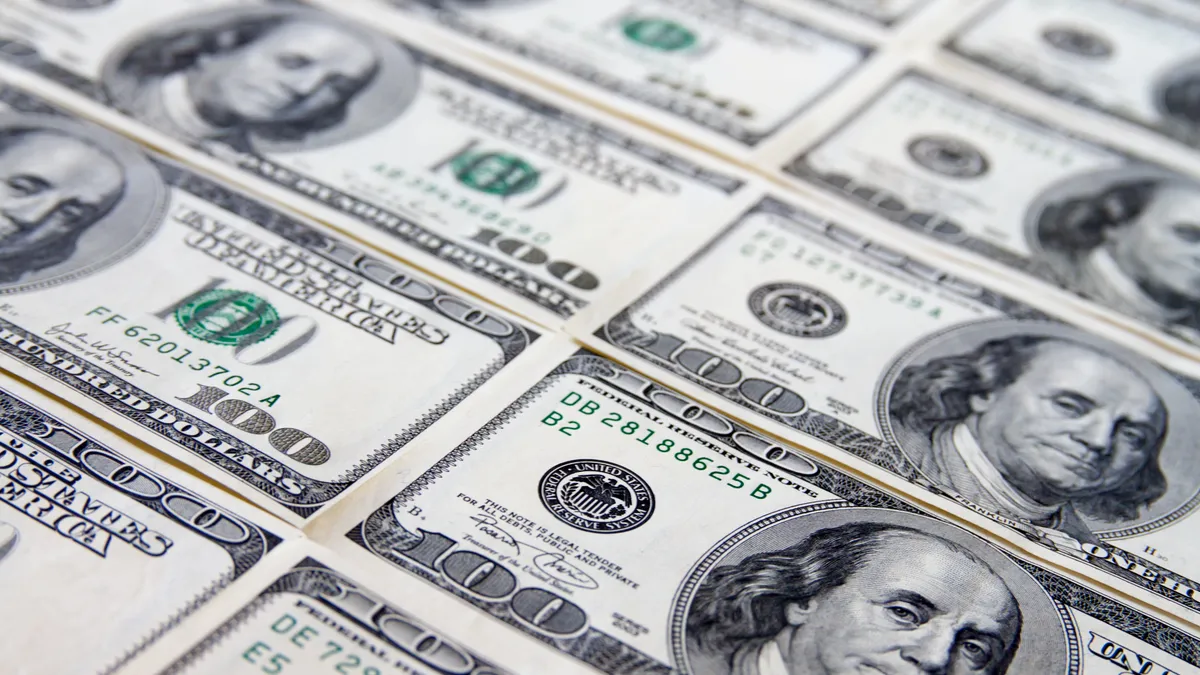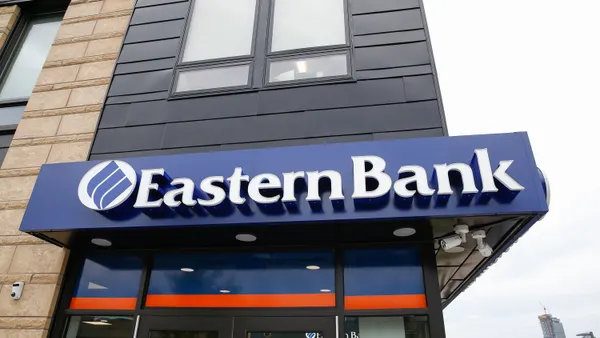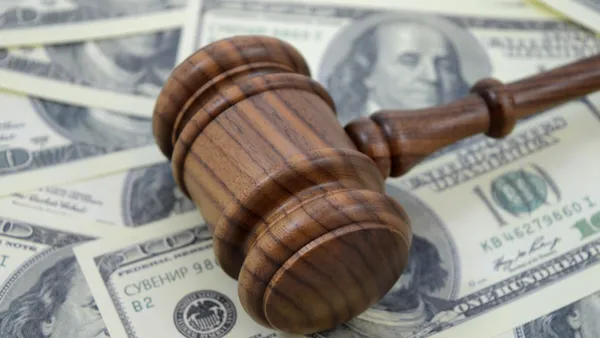During her confirmation hearing in front of the Senate Committee on Small Business and Entrepreneurship last month, President Joe Biden's nominee to lead the Small Business Administration (SBA) made a statement that caught the attention of the fintech sector.
When asked by Sen. Todd Young, R-IN, if she saw fintechs as an emerging tool for the SBA and its loan programs, Isabel Guzman provided hope the agency may be more open to letting the companies access several of its programs in the future.
"Adoption of fintech across the banking sector ... is really critical," said Guzman, who served as deputy chief of staff and senior adviser to the administrator at the SBA during the Obama administration. "I think expanding distribution for capital will improve access, and so I look forward to partnering with the lending institutions broadly to ensure that we can keep them engaged in SBA programs. This has been a record-high number of different lenders engaged in SBA than ever before, and I think we need to take advantage of that."
Guzman's response signaled a willingness to maintain fintech involvement in the SBA's programs even after the Paycheck Protection Program (PPP) ends, said Ryan Metcalf, head of U.S. regulatory affairs at Funding Circle.
"I was heartened by her response ... Having an incoming SBA administrator acknowledge how crucial fintech is and has been for the PPP in helping through this crisis, that was huge," Metcalf said. "Now we just have to translate that into, 'OK, let's make some things happen and bring them into the fold.'"
The committee advanced Guzman's nomination by a 15-5 margin last month, and her nomination heads to the full Senate for a final vote.
Fintechs were kept out of PPP for the first several weeks of the program last year, but their eventual inclusion marked the first time fintechs were given direct access to one of the SBA's lending programs.
In some ways, the pandemic allowed fintechs a foot in the door, a move some hope will result in permanent access to the SBA's flagship 7(a) program, a small-business loan vehicle from which fintechs have been excluded.
"If your objective is that we need to help these businesses recover, then you need to include the lenders that are actually reaching them," Metcalf said.
The Innovative Lending Platform Association (ILPA), whose members include Funding Circle, BlueVine, OnDeck and Kabbage, is pushing for fintechs to gain access to several SBA programs beyond PPP, Metcalf said.
The ILPA's six members provided PPP loans totaling $16.5 billion last year, Metcalf said.
Funding Circle's applied to become a nonfederally regulated 7(a) lender in April 2019, before the pandemic.
But it took the SBA a year and a half to approve Funding Circle's selection of California's Department of Business Oversight as its primary regulator, Metcalf said.
PPP's launch further delayed the 7(a) process, as the SBA said it was too busy to process new lender applications, according to Metcalf, who said Funding Circle likely won't get its approval until next year.
In addition to access to the SBA's 7(a) program, Metcalf said fintechs should also be able to participate in lending the estimated $10 billion in funds allocated for the State Small Business Credit Initiative (SSBCI), included in the $1.9 trillion stimulus package, which is awaiting final approval in the House.
The Trump administration's acceptance of fintechs as PPP participants, combined with pro-fintech remarks from the Biden administration's SBA nominee, could mean significant change is coming, Metcalf said.
"If we can bring all these things together, that's a recipe for a bipartisan response and solution to helping small businesses survive this pandemic," he said.












